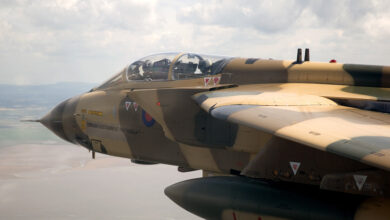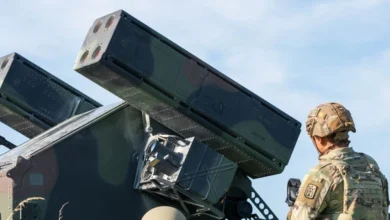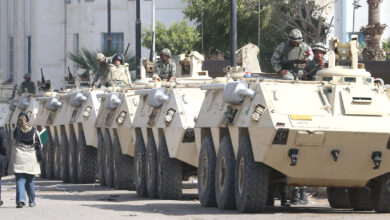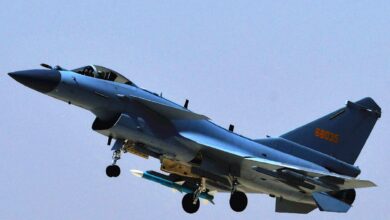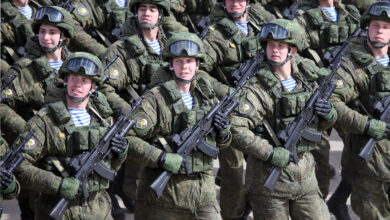Members of the Central African Republic’s presidential guard fired on Egyptian peacekeepers in capital Bangui, injuring 10 of them, the UN mission in the poor nation said Tuesday, just two weeks before the end of their mandate.
The “deliberate and unspeakable attack” took place on Monday, the MINUSCA mission said in a statement, adding that the Egyptian police contingent was unarmed at the time and traveling in a bus marked UN.
The second poorest country in the world, according to UN figures, the CAR has been ravaged by a civil war since 2013, although the level of fighting has fallen off since 2018.
MINUSCA, whose mandate runs out on November 15, has nearly 12,000 troops in the former French colony and is one of the UN’s costliest operations with an annual budget in excess of $1 billion.
10 casques bleus non armés de l’Unité
de Police Constituée égyptienne 🇪🇬 de la #MINUSCA, ont été blessés par balle, dont 02 grièvement, dans l’après-midi du 1er novembre, à #Bangui #RCA, par des éléments de la garde présidentielle. https://t.co/d1BxXFn5Eg pic.twitter.com/Sj2r3IMnEs— MINUSCA (@UN_CAR) November 2, 2021
In its attempt to leave the area, the bus “hit a woman who lost her life,” MINUSCA said, adding that it had “offered its condolences to the victim’s family” visited later in the day.
Members of the Egyptian Constituent Police Unit “came under heavy fire from the presidential guard without prior warning or any response, while they were unarmed,” the UN said.
The incident happened around 120 meters (yards) from the presidential residence, the UN added.
The members of the police unit had arrived earlier on Monday at Bangui airport as part of a periodic rotation and troop deployment in CAR. They were heading towards their base in a bus clearly marked “with UN initials,” said MINUSCA spokesman Vladimir Monteiro.
The CAR authorities have not yet responded to a request for comment.
Three weeks ago, UN chief Antonio Guterres denounced “hostile incidents” targeting peacekeepers that he said had reached an “unacceptable level.”
“Such actions prevent the fulfillment of the mandate, endanger the lives of the peacekeepers and are in contradiction with the commitments of President (Faustin Archange) Touadera and the government” to stop them, Guterres said in a report, calling for “concrete measures” to put an end to them.
It recorded seven attacks on MINUSCA forces and 18 cases of motorway harassment by national security forces between June 1 and October 1.
Since December last year, government forces have managed to reconquer vast swathes of territory from rebel control with the help of hundreds of Rwandan soldiers and the support of Russian paramilitaries.
Several armed groups had joined forces in the so-called Coalition of Patriots for Change (CPC) and launched an offensive to prevent Touadera’s re-election. They were routed and fled into the forests, but have carried out a string of attacks in recent weeks far from the capital Bangui.
In mid-October, Touadera issued a unilateral ceasefire declaration, vowing to pursue dialogue, and said all but two of the main armed rebel groups had agreed to put down their weapons.
The move won praise from Guterres as a “crucial step” towards peace.






